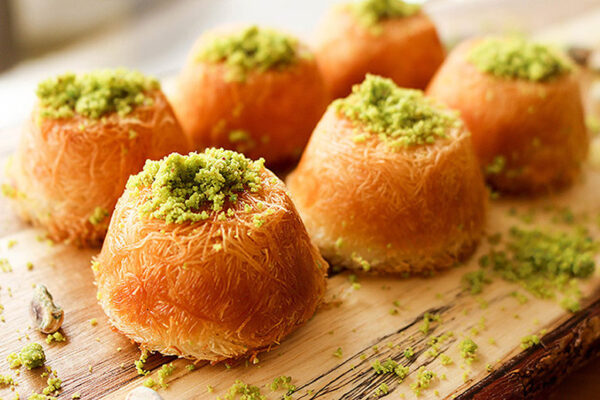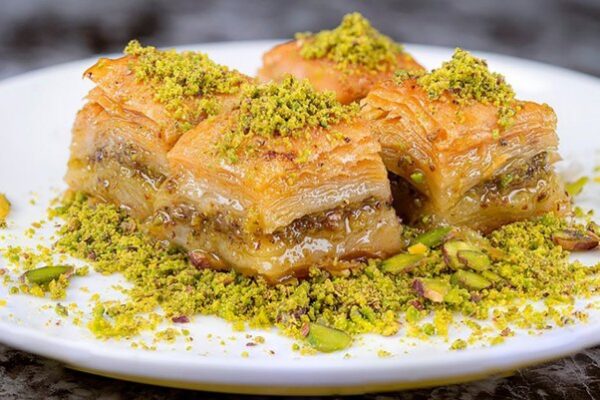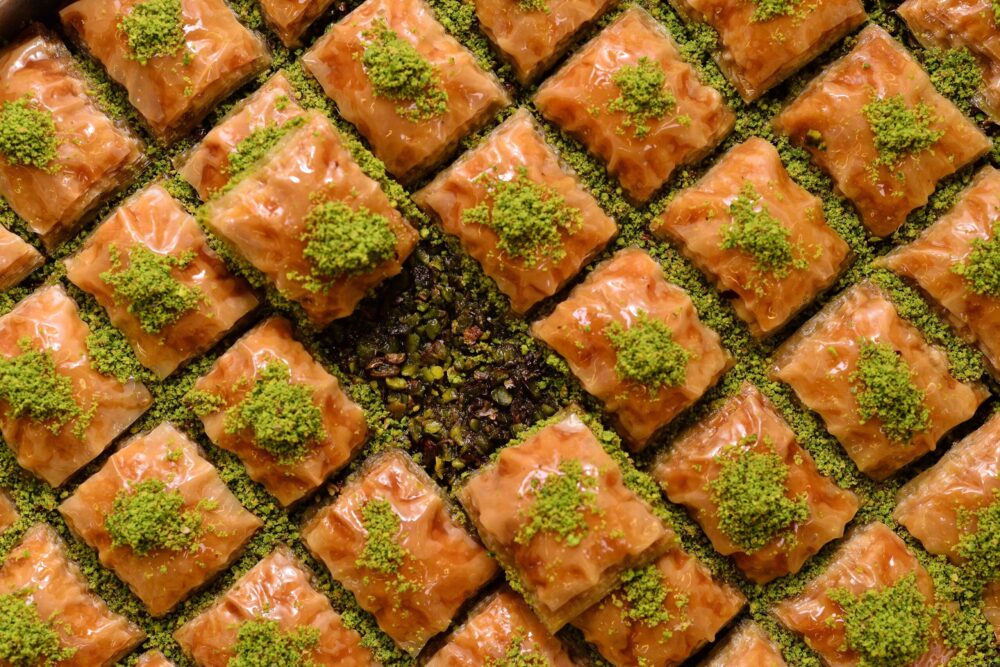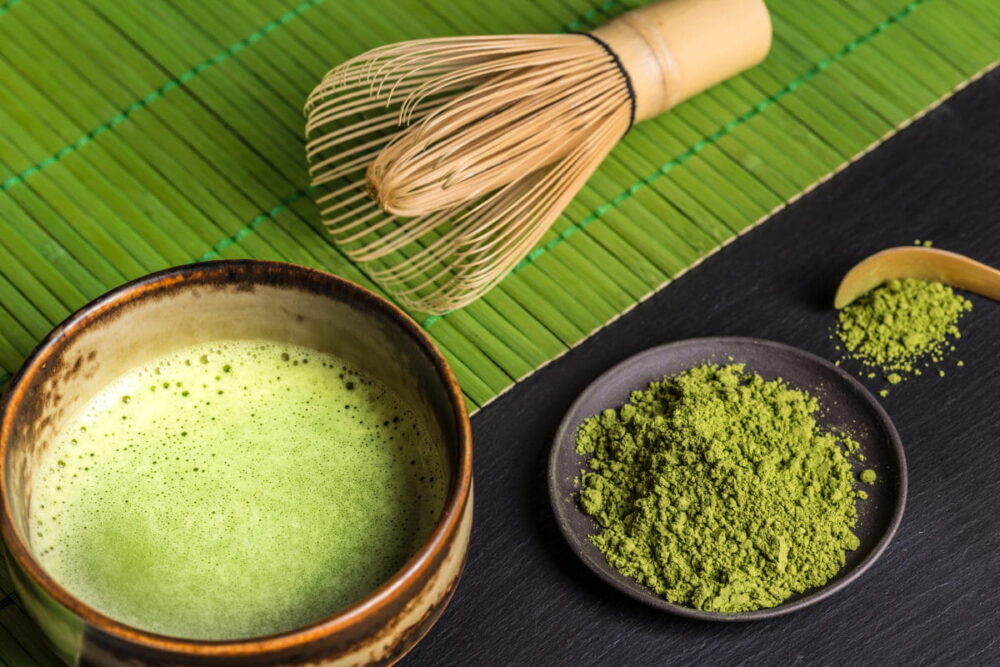If you’ve ever had the pleasure of indulging in a piece of baklava, you know how truly delicious this Middle Eastern dessert can be. But baklava is more than just a sweet treat. It holds a significant cultural symbolism in Middle Eastern cuisine and culture.
The History of Baklava
Baklava has been around for thousands of years and has its roots in the Ottoman Empire. The dessert is made using layers of phyllo pastry, filled with chopped nuts, and sweetened with syrup or honey. Baklava has become a staple dessert in many Middle Eastern cultures and is typically served during special occasions and celebrations.

The Cultural Symbolism of Baklava
In Middle Eastern culture, baklava is more than just a dessert. It is often linked to the concept of generosity and hospitality, two virtues that are highly valued in Middle Eastern society. Serving baklava to guests is a way of showing one’s hospitality and generosity.
Additionally, baklava is often associated with family traditions and memories. Many families have their own secret recipe and method for preparing baklava. It is often passed down from generation to generation, and preparing it can be a way of connecting with one’s cultural roots and family history.

Variations of Baklava
While the traditional baklava recipe is made with chopped nuts, there are many variations of this dessert. Some versions use pistachios or almonds, while others use different spices or flavors. In some regions, baklava is served with clotted cream, ice cream, or fruit.
Additionally, there are many different ways to present baklava. Some bakers choose to serve it in individual portions, while others serve it in a large tray. The way that baklava is presented can vary depending on the occasion and the baker’s personal preference.
In Middle Eastern culture, baklava is more than just a dessert. It is a symbol of hospitality, generosity, and tradition. Whether you’re enjoying a traditional recipe or a modern variation, baklava is a delicious way to experience the rich culture and history of the Middle East.




